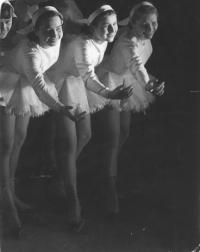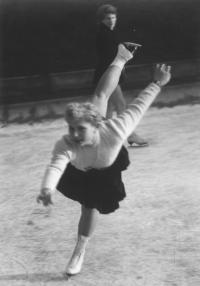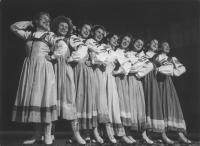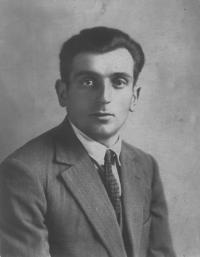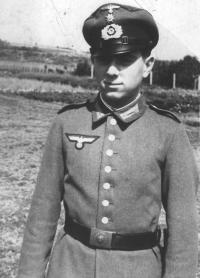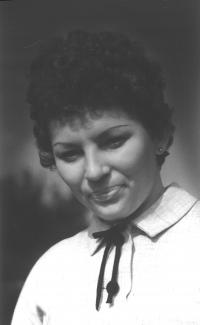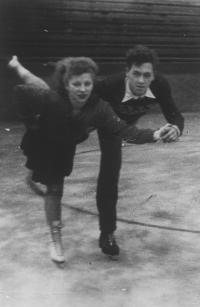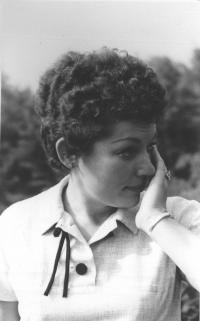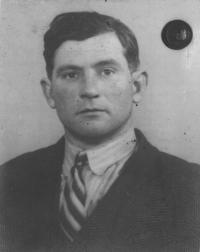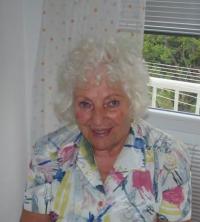It was heartless revenge on old people, defenceless women, and little children
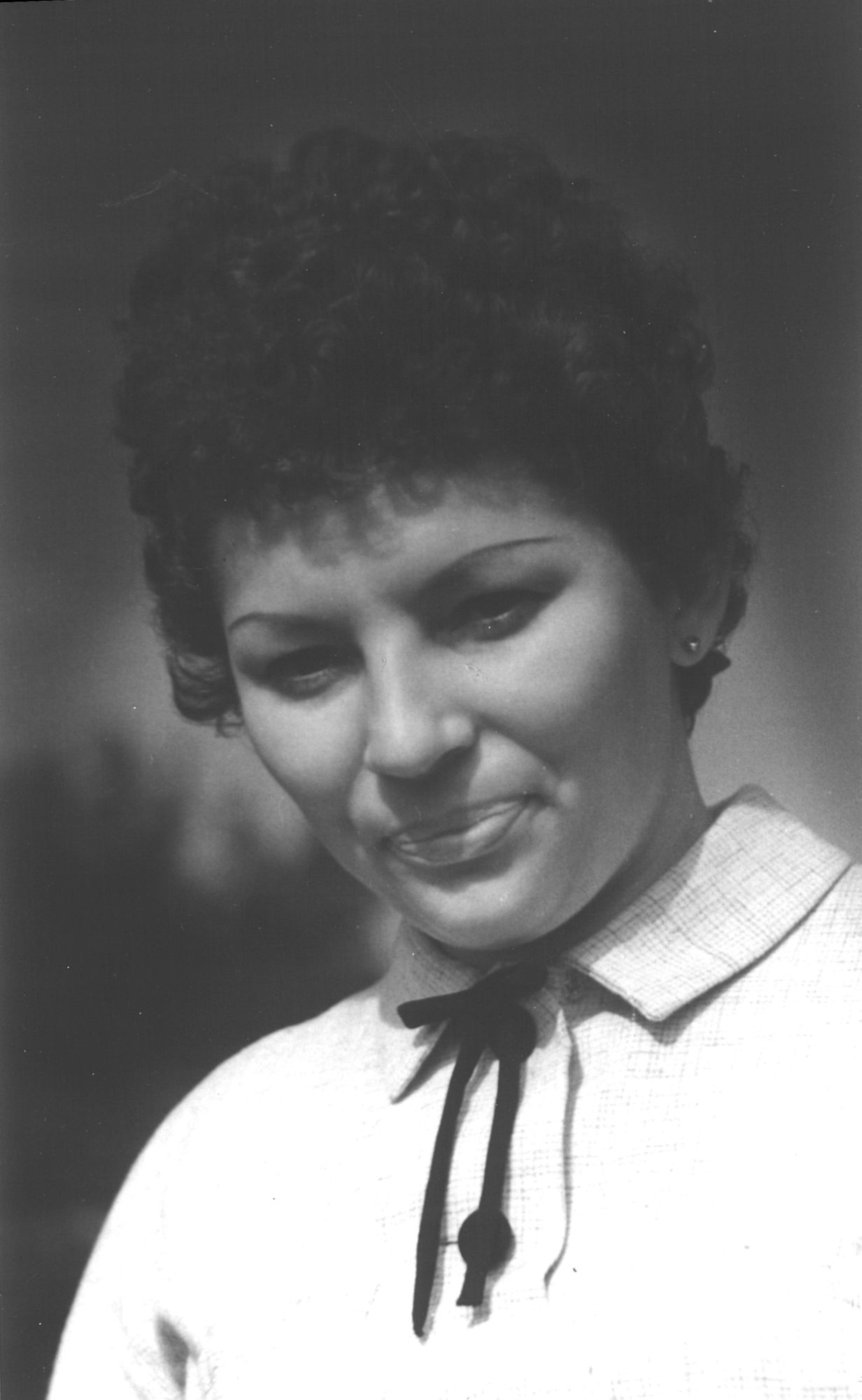
Stáhnout obrázek
Jiřina Borecká, née Hrdličková, was born on 13 February 1935 in Brno, as the second of three children of a Czech family. During the war the family changed its citizenship to German. The decision was pushed through by her father‘s mother, who was worried because she was worried for her illicit child, whose father was a Jew. Jiřina Borecká and her sister attended a German primary school in Bratislavská Street in Brno. In 1941 her father was drafted into the Wehrmacht and sent to France. In spring 1945 all three children and their mother temporarily moved to her mother‘s father in Vladislav near Třebíč for fear of air raids. In May 1945 they returned to Brno, where they witnessed the many bombings of Brno at the end of the war. On 30 May 1945 Jiřina Borecká with her siblings and her mother were taken to the prison camp in Pohořelice, they were later moved to the camp in Maloměřice. In November 1945 they were transferred to the monastery in Jundrov because of her younger brother‘s young age. While there, her mother and brother contracted typhus, her little brother died. In 1946 Jiřina Borecká was released together with her sister and mother, and they returned to Brno, where they met up with her father. Jiřina Borecká started work as a draughtswoman at the Brno company Projekta. She took an active interest in figure skating. She later married, and together with her husband she raised two sons. In 1953 she lost her job after failing to pass political background checks, she considered emigrating. In 1989 she went on a business trip to Syria, she returned to her homeland shortly before the Velvet Revolution. Her husband passed away in 2007. Jiřina Borecká now lives alone in Brno.
